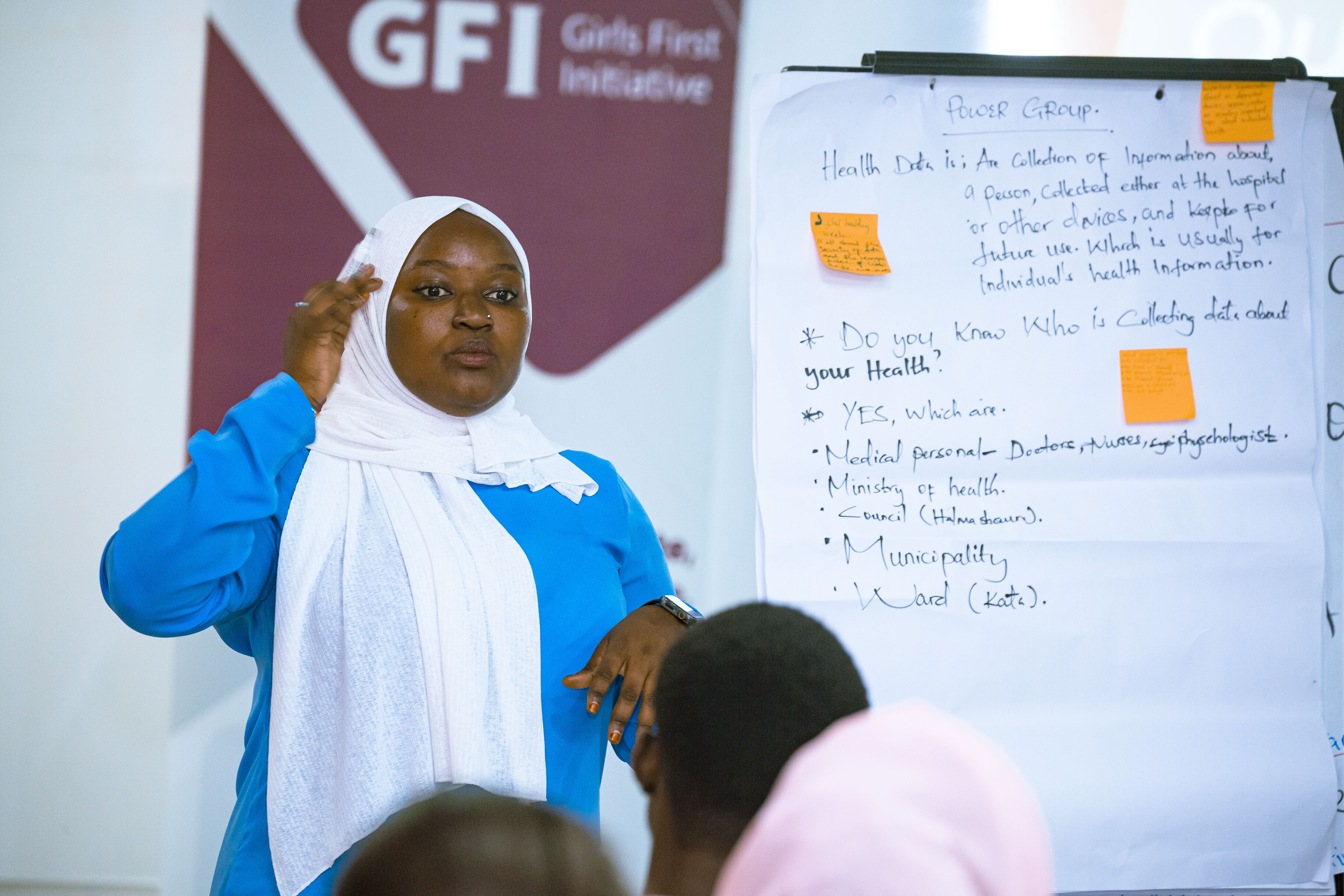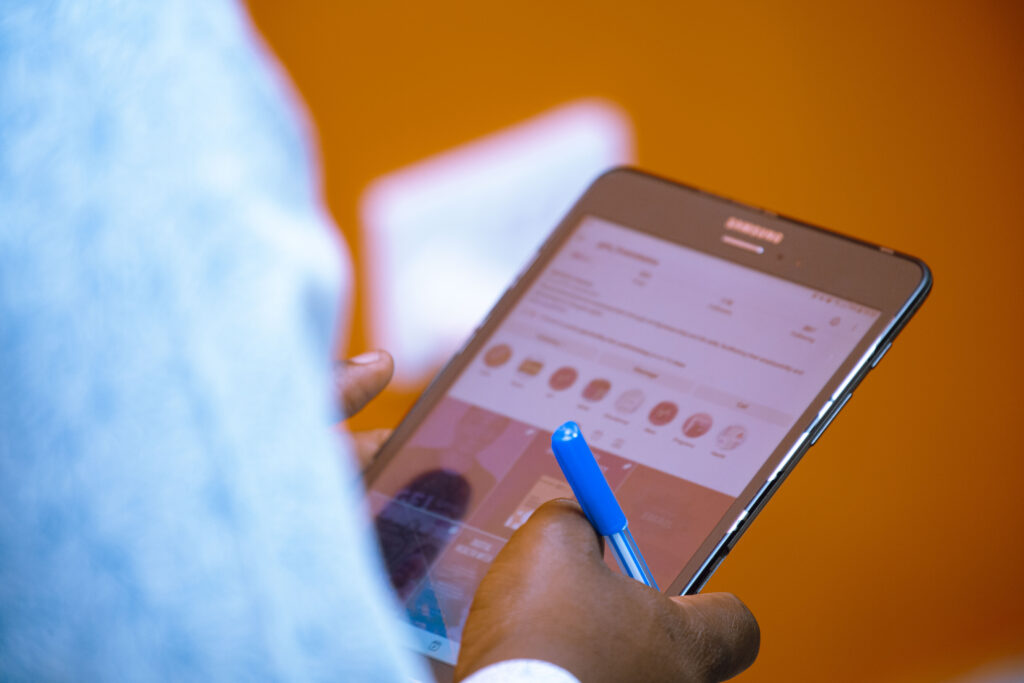Digital Health Week is a global week of action that brings together all stakeholders involved in the digital transformation of health systems, including governments, civil society, the private sector, international organizations, and the general public. It is an opportunity for all of us to come together to form alliances, share our digital health successes and challenges, and chart a course toward achieving health for all. The theme for this year was “Bridging the Technical Political Divide.”
According to a 2019 United Nations report, the world has 1.2 billion people aged 10 to 24, the largest youth population in history, with 90% of them living in developing countries. This population represents a previously unseen reservoir of human potential and digital engagement that has the potential to positively transform the future of health and sustainable development.

We were honored to partner with Transform Health to host a two-day event on Digital Health Week as a non-governmental organization dedicated to improving the lives of young women and girls. More than 15 youth-led organizations gathered for a consultation meet-up on October 10th, 2022, and October 11th, 2022 to discuss “The Importance of Digital Health Data” and “How to Use SMART Advocacy Tactics in Persuasion of Digital Health Rights.”

A simple survey form distributed to attendees revealed that 50% of participants knew who was collecting their health data, while the remaining group had no idea (this was on health data collection). In addition, 44.4% were unsure why health data is collected in most cases. Half of them knew and understood the reason, while the other half were unsure (Purpose for Health Data Collection). Furthermore, 94.4% have never been contacted or informed about how their health data is used, and only 0.6% are aware of or have previously been contacted about their health data usage (Health Data Follow-up). Finally, while 61.1% of attendees understood what happens after their health data is collected, 11.1% were unsure why the data was collected and the remaining group didn’t know (Health Data Usage).
Because of the gaps and challenges mentioned above, there is a strong need to understand the value and rights of your own data; where, why, and how it is used. We urge the government, civil society organizations, and healthcare institutions to take the following actions. Engaging young people in the design, development, implementation, and evaluation of health data tools, systems, policies, and technology by expanding opportunities and youth leadership spaces. Developing strong health foundational policies to bridge gaps in how healthcare facilities provide health information. Health workers and professionals should be trained in the proper use and handling of health data. Furthermore, Information and Communication Technologists (ICTs) should help develop digital tools for storing and recording health data. Creating frameworks for meaningful youth participation in digital health interventions. Finally, cross-sectoral collaborations should be formed with governments, private sector actors, and faith-based organizations to forge a movement to bridge health data knowledge gaps.

